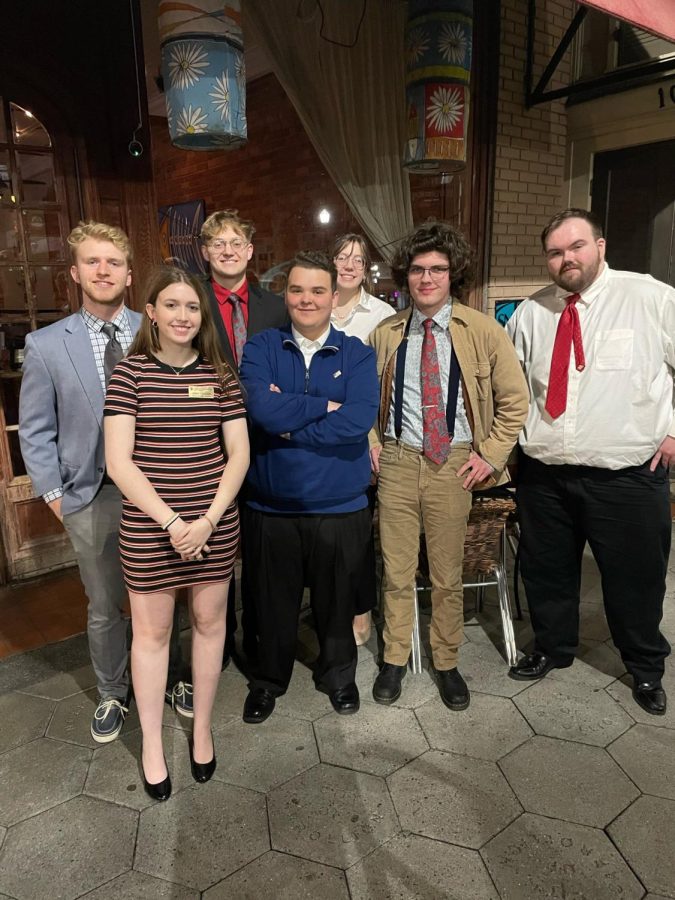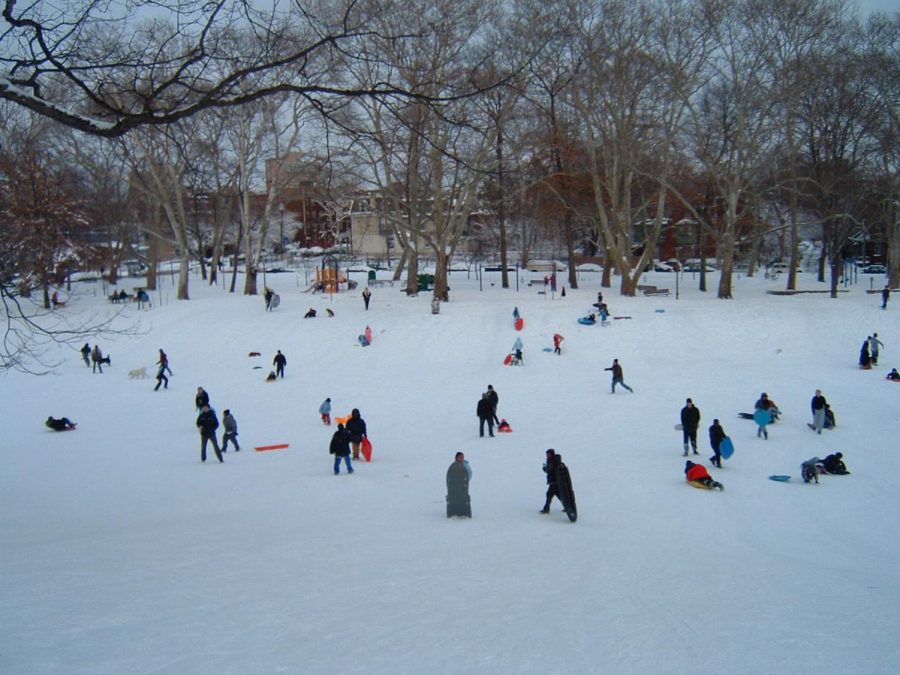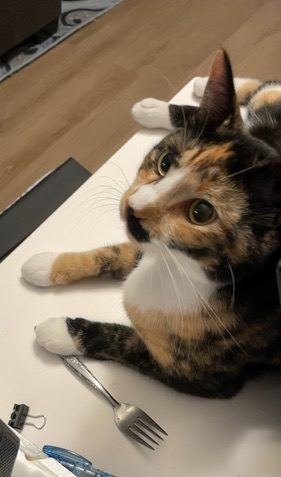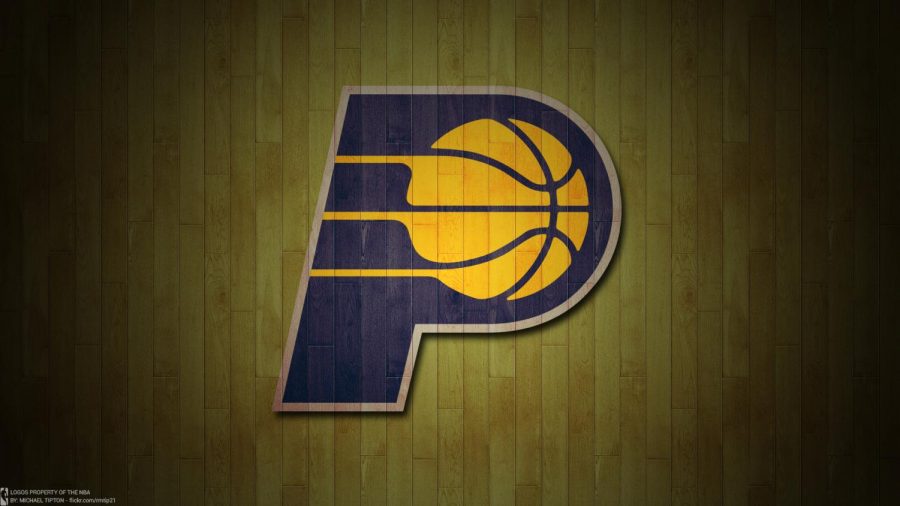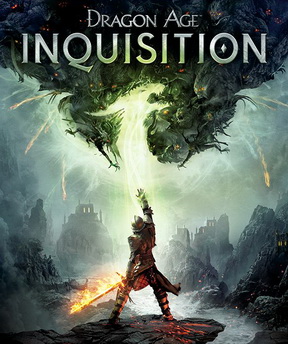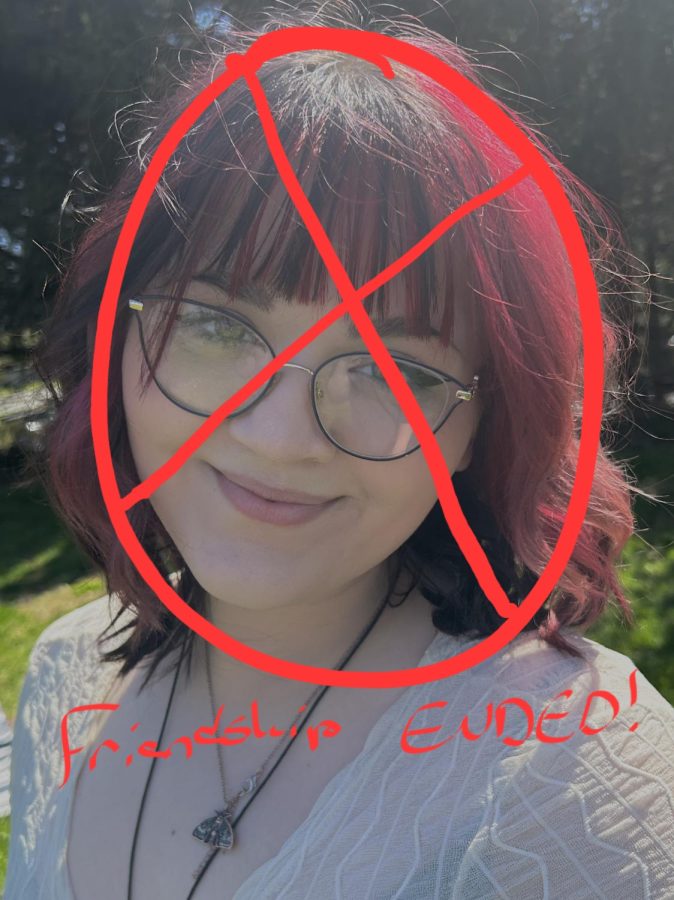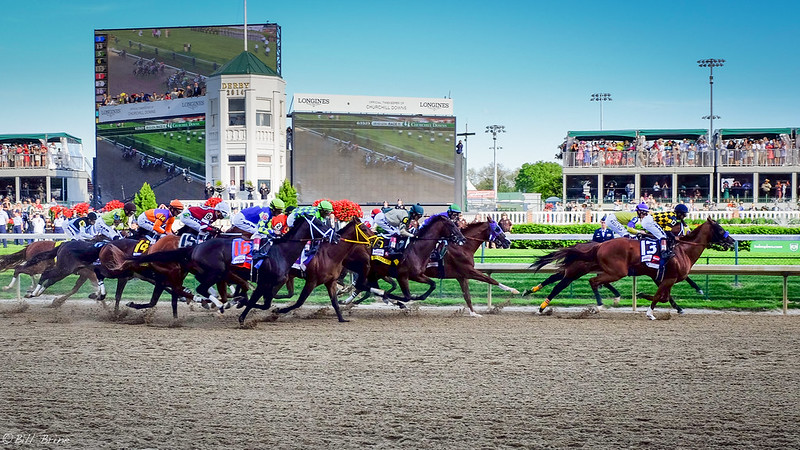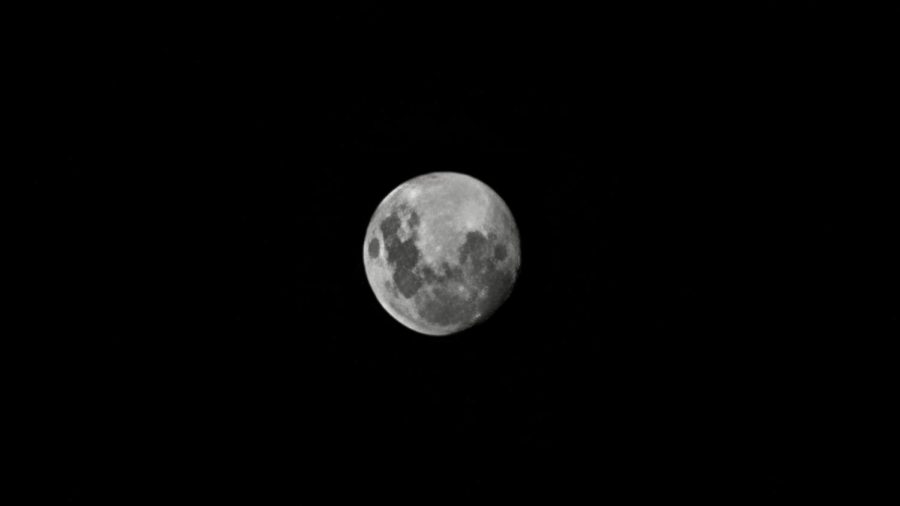I hate the Internet.
OK, I really don’t, but like most people I have become completely dependent on it. Honestly, the idea of life without it freaks me out. From that notion alone, I guess I’m in a love-hate relationship with it. I bank online, register for classes online and even read entire books online. It is a great and convenient asset that I’m grateful for.
However, it becomes kind of unnerving when you realize that the Internet is always somewhere near you; it’s in my phone, my house and my job. It’s even implemented within public transportation.
During an interview with Conan O’Brien, comedian Louis C.K. told a story about a flight he had just recently taken. This was the first flight he had ever been on that offered Wi-Fi services. He said he was amazed by how fast it was working, and simply by the fact that there was Wi-Fi on an airplane.
“It’s fast, and I’m watching YouTube clips and things like that, and then it breaks down,” C.K said. “They apologized for the Internet not working when the young guy next to me scoffs and says — ‘This is bullshit,’ like how quickly the world owes him something he knew existed only 10 seconds ago.”
We’ve become addicted to the satisfying and fast response of the Internet. We’ve become so accustomed to this sort of “instant gratification” lifestyle that now everything we do must be fast-paced, or it’s garbage. What we’re failing to see is that we have nearly the entire world at our fingertips, and we don’t even appreciate it.
Take a step back and assess when you last spent a day without the Internet. It has infiltrated our lives so deeply that it has essentially become a close friend. We refuse to live without it. I am alerted nearly every 15 minutes of an e-mail, Facebook message or the occasional Candy Crush notification.
While we are so quick to say that the Internet is one of the few things that is right within our society, I’m quickly beginning to realize that it could be the exact thing that is corrupting and shaping the youth.
A lot of things have been said to have “corrupted the youth of America,” like rock ‘n’ roll, cutting your hair, not cutting your hair and all the things that your grandmother warned you about.
However, the difference between those elements and the Internet is that those things were all fads of the time. Unlike most things that have come and gone within the past decade, the Internet is not something that will just leave in due time until the next “big thing” comes out. It just so happens that teenagers are the ones who are spending the most time consuming this type of media.
In a study done by the Kaiser Family Foundation, teenagers aged 8 to 18 years old spend more than seven and a half hours daily on the Internet.
This generation’s identity has even been titled “the Facebook generation” or “the digital natives.” Proving this generation finds their identity in an egocentric wasteland fueled by “likes,” “friends” and “status updates.”
During the winter break, I headed home to see my family in Michigan. My younger cousin and I were sitting around the dinner table when she asked me if I had Instagram.
I should’ve said no.
It was there she proceeded to show me all the things that she deemed hilarious: smoking with her friends, her more-than-revealing outfits, and provocative messages she’s receiving from men who are approximately three times her age. She’s only 14 years old and thinks it is OK to exploit her sexuality for, in essence, the entire world to see.
I don’t want to sound like an old fogey, but back in my day, when I was 14 and blissfully unaware of Instagram, the thought of taking a picture of myself every day to show to my “Internet friends” would’ve seemed absurd. I was more concerned with riding my bike or brushing my hair or anything else for that matter.
She also showed me the Instagrams of her friends from school, all of whom essentially looked the same as my cousin’s: young, hardly dressed and doing some sort of illegal activity.
As my cousin scrolled through her pictures, laughing, she began to realize that none of this was funny to me. She looked at me and in the snottiest, most preteen voice said, “Hello, do you even care about anything I have to say?”
I was dumbfounded, mostly for the fact that we didn’t hold a conversation, asking who she was in the pictures with was “weird” and I should “learn to stay out of other people’s business.” Secondly, I was astounded that she didn’t understand that what she was doing could be seen, and by a lot of people. She thought everything that she posts could only be seen by who she chose to show it to.
There are hundreds of thousands of “my cousins” out there. Young, naïve, posting pictures that really can never be removed from the black hole that is the Internet. It has become her identity; everything she stores and shares on it is part of who she is.
Growing up is hard, and so is establishing an identity, but I can’t imagine having to maintain multiple on several different websites. There is no obvious and direct solution to this problem. You can’t take away the Internet from a 14-year-old, though you may try.
The only thing we can do as a society is grow and advance with the technology and educate ourselves to know exactly what it is that children are doing when they’re online. Overall, we need to learn to appreciate more than just the Internet.
Instead of sharing a photo, share a meal with your family, and don’t post it to Instagram. Instead of reading what people “tweet,” listen to actual birds. Explore, create, run, jump and sing. Be free to be yourself without documenting it.



